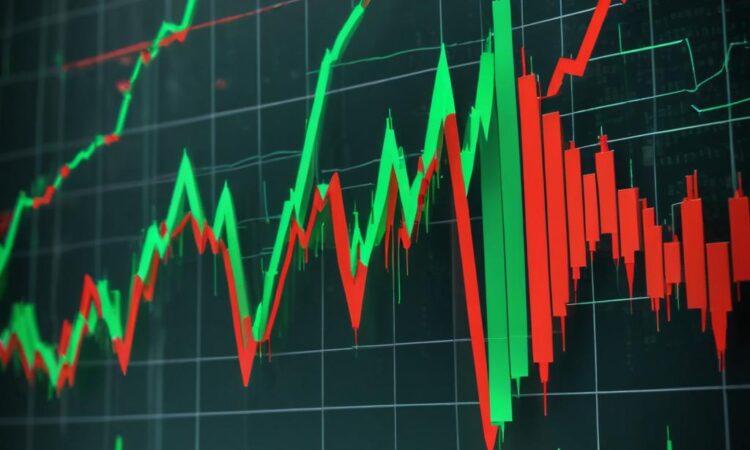US Recession Fears: Economic Indicators Suggest a Potential Downturn
The United States is facing mounting concerns about a potential recession, as economic indicators point towards a slowing economy and persistent inflation. While experts disagree on the likelihood and timing of a recession, the current economic landscape has sparked widespread anxiety and uncertainty.
Rising Inflation and Its Impact
Inflation has been a major concern for consumers and businesses alike, eroding purchasing power and increasing the cost of living. The Consumer Price Index (CPI), a key measure of inflation, has risen significantly in recent months, indicating a persistent upward trend. This surge in prices has been attributed to various factors, including supply chain disruptions, increased energy costs, and strong consumer demand.
The Federal Reserve has been aggressively raising interest rates to combat inflation, but these efforts have also slowed economic growth. Higher interest rates make borrowing more expensive for businesses and consumers, potentially leading to reduced investment and spending.
Slowing Economic Growth
Economic growth has slowed in recent quarters, with indicators like GDP growth and manufacturing output showing signs of weakness. This slowdown can be attributed to factors like rising interest rates, supply chain disruptions, and the war in Ukraine.
The labor market remains strong, with low unemployment rates and robust job creation. However, there are signs of a potential cooling in the labor market, with companies starting to announce layoffs and hiring freezes.
Key Economic Indicators to Watch
Several key economic indicators can provide insights into the health of the economy and the potential for a recession:
- GDP Growth: A measure of the overall economic output of a country.
- Consumer Price Index (CPI): A measure of inflation that tracks the changes in prices of goods and services.
- Unemployment Rate: The percentage of the labor force that is unemployed.
- Manufacturing Output: A measure of the production of goods in the manufacturing sector.
- Interest Rates: The cost of borrowing money, set by the Federal Reserve.
Expert Opinions and Outlook
Economists and financial analysts have varying perspectives on the likelihood and timing of a recession. Some believe that a recession is inevitable, while others argue that the economy can avoid a downturn. The consensus view is that the economic outlook remains uncertain, with several factors contributing to the risk of recession.
The Federal Reserve’s policy decisions, global economic conditions, and geopolitical events will all play a role in shaping the future of the US economy. It is crucial for policymakers and businesses to closely monitor economic indicators and adjust their strategies accordingly.
Impact of a Recession
A recession would likely have a significant impact on the US economy and households. It could lead to job losses, reduced consumer spending, lower business investment, and a decline in economic growth. The severity of the impact would depend on the duration and depth of the recession.
Conclusion
The US economy is facing a challenging period, with concerns about inflation and a potential recession. While the outlook remains uncertain, it is essential for businesses and consumers to remain informed and prepared for potential economic challenges. By closely monitoring economic indicators, adjusting strategies, and making sound financial decisions, individuals and businesses can navigate the current economic landscape and mitigate the potential impact of a recession.

